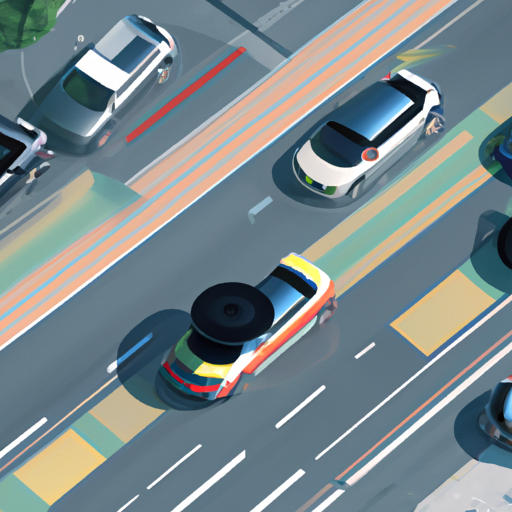California regulators have given their approval for the expansion of driverless car services in San Francisco, marking a significant milestone in the development of autonomous transportation. Despite concerns over safety, local regulators agreed to allow the operation of driverless taxi services, making San Francisco the first major U.S. city to have two competing fleets of autonomous vehicles catering to passengers.
The decision, announced on Thursday, paves the way for a massive expansion of driverless robotaxi services throughout the city. With this approval, companies in the autonomous vehicle industry will be able to deploy their self-driving cars on San Francisco’s roads, providing residents and visitors with a new form of transportation.
The California Public Utilities Commission (CPUC) voted in favor of the expansion, enabling autonomous car companies to operate their vehicles around the clock. This move opens up opportunities for increased convenience and efficiency in the transportation sector, bridging gaps in existing ride-hailing and traditional taxi services.
Several prominent autonomous vehicle companies, including Cruise and Waymo, are expected to benefit from the regulatory approval. They will now be able to add more self-driving cars to their fleets and charge customers for rides within the city. This represents a significant step forward in the commercialization of autonomous vehicle technology.
The introduction of driverless car services in San Francisco has drawn both excitement and apprehension from the public. Advocates of autonomous transportation believe that it will lead to improved road safety, reduced traffic congestion, and enhanced accessibility for individuals who are unable to drive. On the other hand, concerns about the reliability and safety of self-driving vehicles persist, prompting ongoing discussions regarding regulation and oversight.
The decision by California regulators reflects their confidence in the progress made by companies in the autonomous vehicle industry in improving the safety and reliability of driverless technology. It also highlights the state’s commitment to remaining at the forefront of innovation in transportation.
While the expansion of driverless car services in San Francisco marks a significant leap forward, it is important to note that stringent safety measures and monitoring systems will continue to be implemented. Regulators and industry stakeholders will work closely together to ensure compliance with safety standards and address any potential concerns as the technology evolves.
The approval of autonomous vehicle operations in San Francisco sets an exciting precedent for other cities and states considering the adoption of driverless technology. As the industry continues to develop, it is expected that more regions will follow suit, embracing the potential benefits that autonomous transportation can bring.
As driverless cars become an increasingly common sight on San Francisco’s streets, residents and visitors can look forward to experiencing the future of transportation firsthand. The expansion of autonomous car services in the city represents a significant step towards a new era of mobility, one that holds the promise of safer, more efficient, and environmentally friendly journeys.
Source: The New York Times, KRON4, Los Angeles Times





